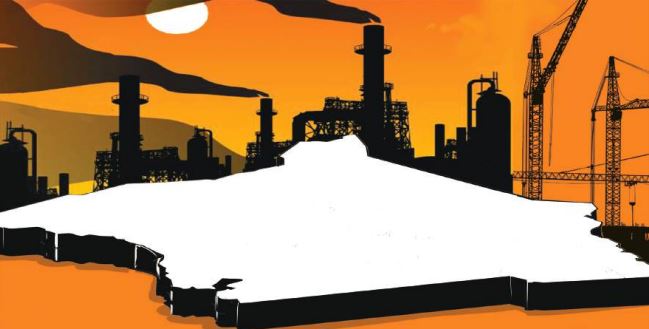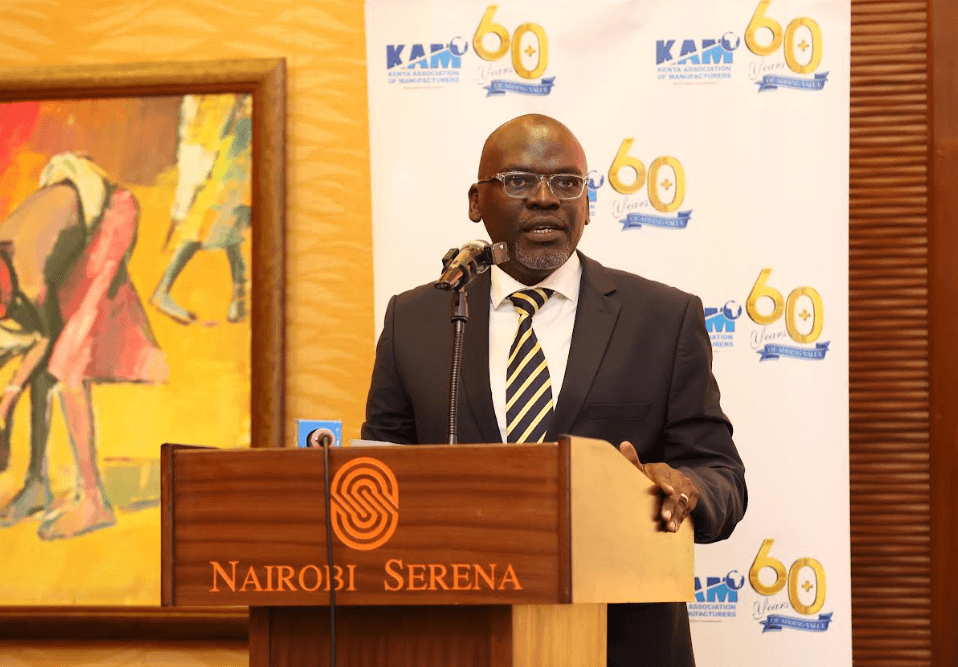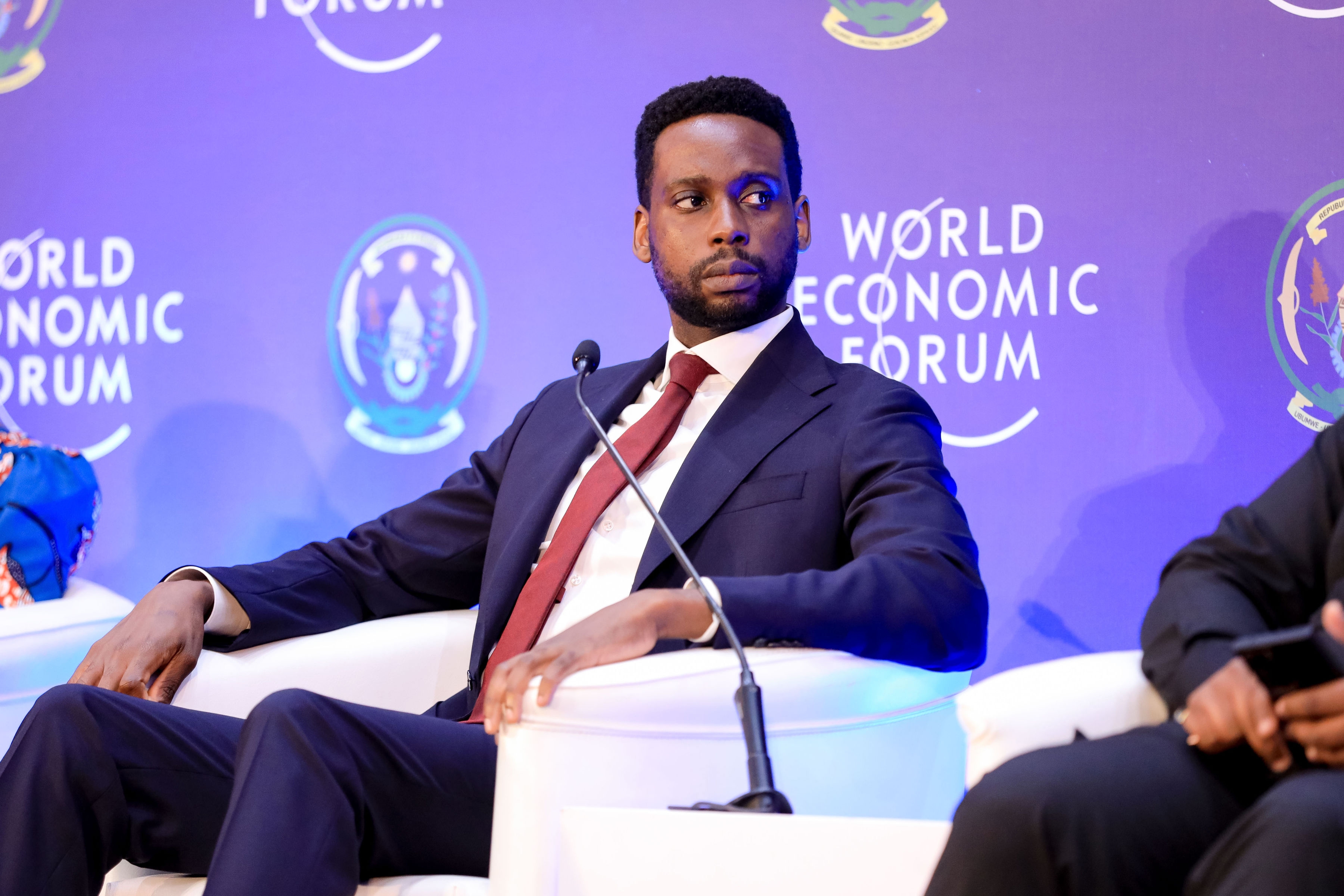
The Russian-African Raw Materials Dialogue was recently held at the Mining University in St Petersburg, attended by more than 500 representatives from more than 40 African countries and 130 organisations.
The focus was on a key issue for the continent: how to
make the long-proclaimed sovereignty of African countries over their natural
resources a reality and put them at the service of their own development.
It is no secret that for decades, the natural resources of African countries have been exploited by transnational corporations in the interests of Western countries.
This is a key element of neocolonialism, where former metropolises reap the benefits of mineral extraction without bearing any responsibility for the growing poverty of Africans.
The African continent is home to 19 of the 20 poorest countries in the world. All this is happening with the ‘support’ of the Western-controlled Bretton Woods institutions, which are plunging Africa into a vicious circle of debt dependency.
Currently, 75 per cent of investments in the mining industry come from foreign companies. The UN, meanwhile, ‘feeds’ Africans with Sustainable Development Goals and a ‘green’ agenda that do not take into account the real development needs of African countries and reinforce their technological dependence on the West.
Africa did not receive any ‘peace dividend’ from the end of the Cold War. The predatory exploitation of the continent's natural resources continued with redoubled force in the context of globalisation.
The moment when huge financial resources could have been directed by developed countries towards Africa's development was missed. Now Western countries have a tangle of their own problems, including migration flows, including from African countries.
Under the pretexts of the ‘Russian threat,’ the fight against ‘narco-terrorism,’ etc., Western elites have fallen back into their familiar pattern of militarisation, even if it means going into debt.
Africa has to rely on its own strength and its traditional friends, the first of which, historically, is Russia. In terms of natural resources, every African, and there are now 1.55 billion of them, is 12-15 times richer than a European or an American.
Sovereignty over natural resources is the lever that can solve the development problems of the entire continent, not only pulling it out of poverty, but also creating a middle class, which will increase the purchasing power of Africans and make their countries truly attractive for foreign investment.
To achieve this goal, it is necessary to create a highly skilled workforce. However, the educational process must be linked to real development, which is what actually happened during Soviet industrialisation.
Of course, it is necessary to create an effective mechanism for state regulation, including geological exploration, which also requires national personnel in order to have a realistic understanding of our natural resources, because experience shows that we cannot rely on data from Western governments and companies.
The whole complex of these problems is to be resolved through Russian-African cooperation in the field of subsoil use.
The key mechanisms here are the International Centre of Excellence in Mining Education, established on the basis of the Mining University and operating under the auspices of Unesco and its agreement with the Association of African Universities, signed during the Raw Materials Dialogue.
The association comprises nearly 400 universities in 46 African countries. The agreement will provide a framework for the exchange of best practices to improve the quality of education in the field of mineral resource management.
One of the obstacles to improving the effectiveness of cooperation is the problem of recognition of Russian diplomas in Africa. This issue is gradually being resolved.
There are 35,000 students from Africa studying in Russia, and their employment in their home countries is facilitated by agreements on mutual recognition of higher education diplomas, which have already been concluded with 31 of 54 African countries.
Following the Raw Materials Dialogue, a declaration was adopted setting out priorities and ways to ensure the raw materials sovereignty of African countries.
The principles of such a partnership include sovereignty and mutual respect, mutual benefit and fair distribution of revenues from mineral development, exchange of knowledge, know-how and advanced technologies to transition from raw material exports to the creation of complete production chains with high added value on the African continent itself and investment in human capital.
The key areas of joint work are the development of the mineral and raw materials complex and industrialisation, including the creation of ‘green corridors’ for priority investments; the creation of joint research centres and laboratories and the organisation of an annual Russian-African scientific expedition to study mineral and raw material potential.
To ensure the continuity of the Raw Materials Dialogue, the parties have decided to give it the status of a permanent industry platform.
It can be said that a real plan for the second liberation of Africa has emerged, in which the decisive role will belong to the African countries themselves, while Russia will help set fair ‘rules of the game’ for external players, standards that will ensure the continent's transition from a predominantly agricultural model of development to an industrial one, from ‘development aid’ to equal partnership.
It is clear that the West
will have to make room and reduce its consumption of natural resources, which
should not be cheap, but should serve as a source of growth in the prosperity
of the peoples of Africa.
Global development, which has reached an impasse under Western domination, will only benefit from such a Russian-African partnership.
Head of the Committee on Global Issues and International Security of the Scientific and Expert Council of the Security Council of the Russian Federation

















